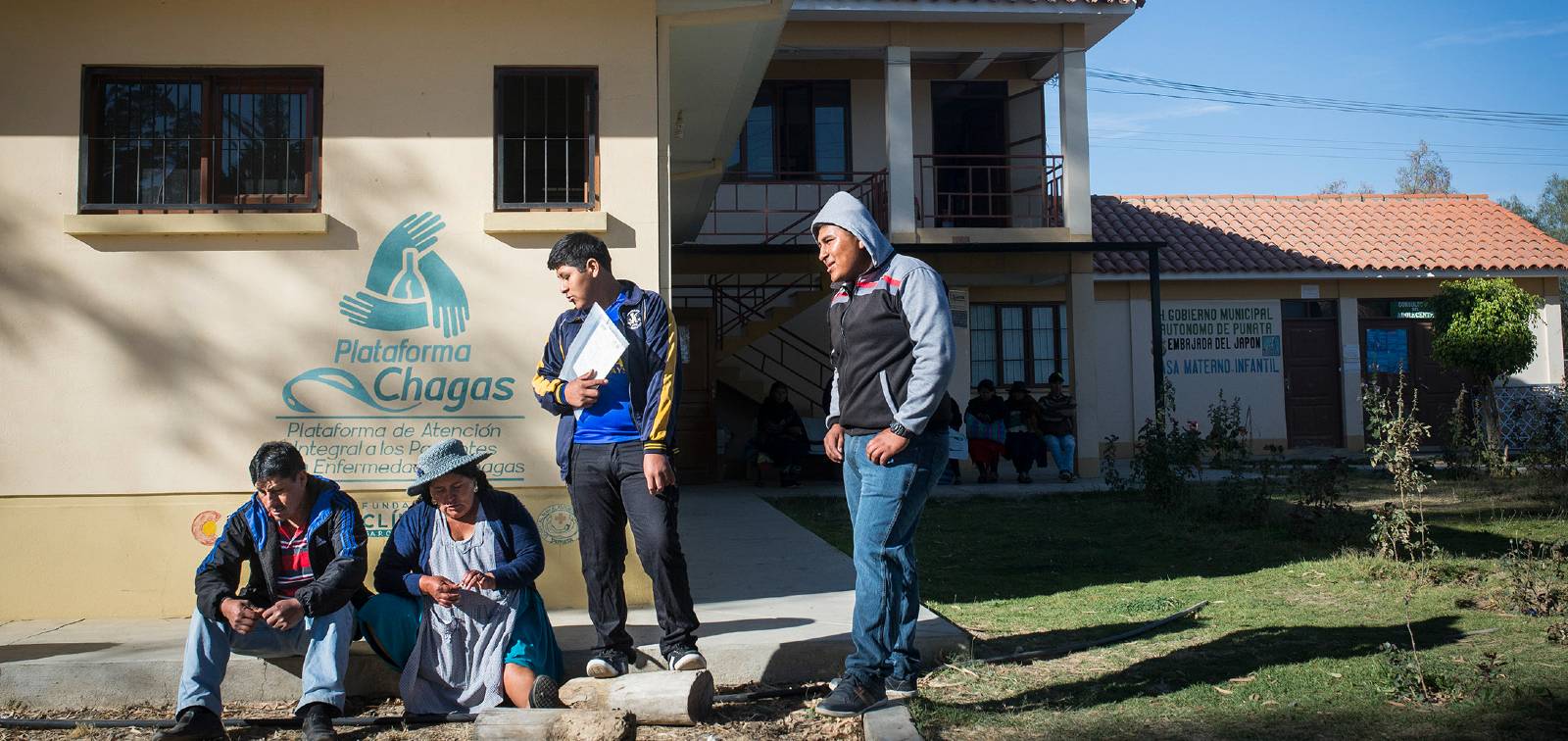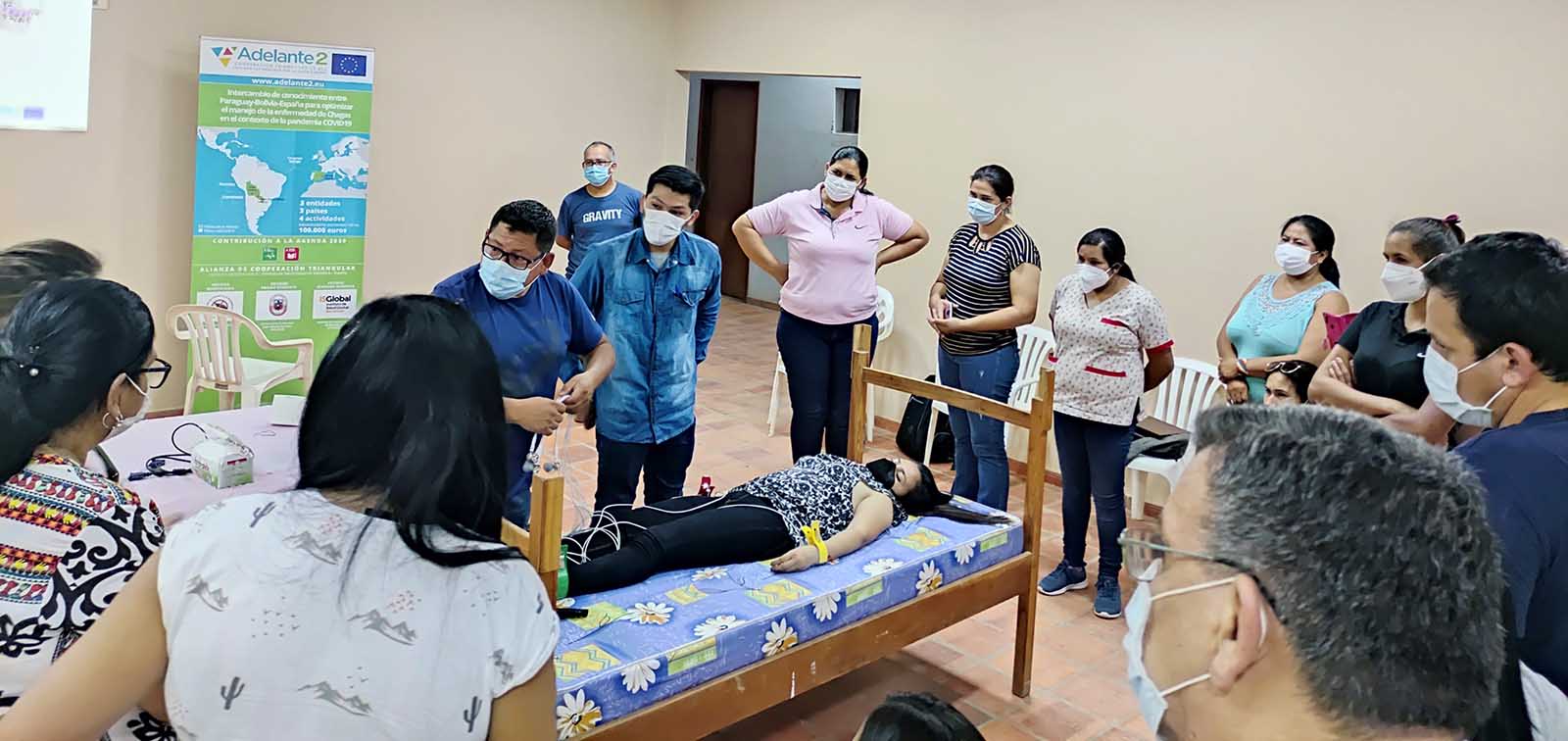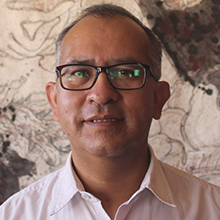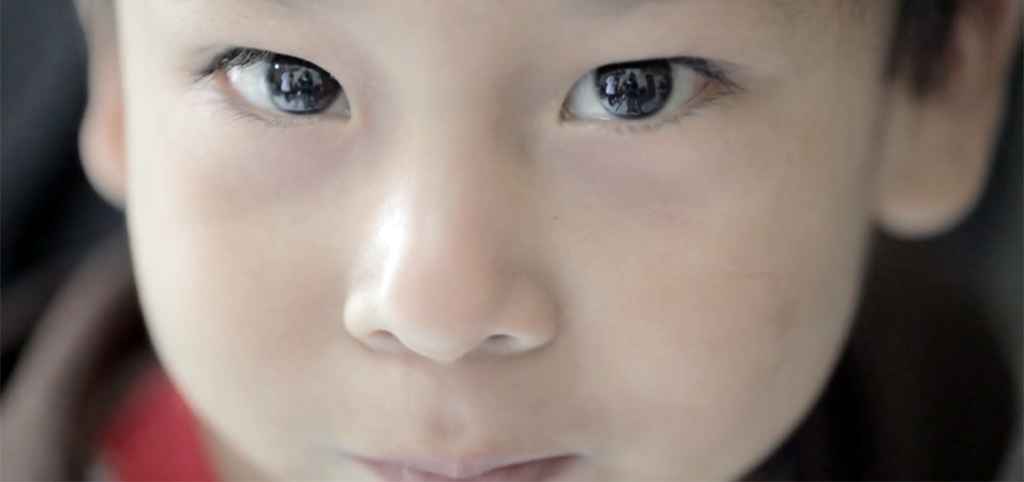The Chagas Platform in Bolivia Becomes a National Network
The platform model has been extended to 52 primary care centers, where over 180,000 people were attended, 55,000 were diagnosed and treated, and a high percentage of health staff received training
17.02.2022
The Platform for the Comprehensive Care of Chagas Patients in Bolivia has grown from a first phase with seven centres to a second phase that includes a network of 52 primary care centres. This process has been possible thanks to a methodology designed by the platform's teams and the Chagas network. The project, led by ISGlobal, a center promoted by the "la Caixa" Foundation, and the CEADES Foundation, shows that the innovative strategy can be upscaled nationally and adapted to other countries.
The Chagas platform in Bolivia was born in 2008 with the aim of promoting comprehensive care for people with chronic infection, and was based on four pillars: providing care, training health personnel, performing research, and engaging with the community. The model developed by the platform, implemented in coordination with the Bolivian Ministry of Health and the local Chagas Programs, was initially composed of seven centres in three of the country's most affected departments (Cochabamba, Tarija, Chuquisaca), and was evaluated as a successful model for the comprehensive management of Chagas disease. As of 2015, it was extended to 52 centres that are part of the Bolivian national health system and cover 75% of the population in the three departments. This scaling-up was done in a horizontal and decentralized manner, thanks to a methodology with 12 well-described steps designed by the platform team, including a simple and easy-to-replicate care protocol in the different centres.
Most Chagas patients do not have access to diagnosis and treatment of the disease. This is due to multiple reasons: a high incidence of disease in rural areas with few resources; the long asymptomatic period of the disease; the lack of clinical guidelines; ineffective diagnostic techniques; long treatments; and decades of neglect and stigmatization of people with Chagas disease. Therefore, it is of utmost importance to have strategies that address all these difficulties in order to provide adequate care to patients.
In an article published in PLOS Neglected Tropical Disease journal, the research team led by María Jesús Pinazo, from ISGlobal, describes the strategy used to move from the first phase (with seven centres) to the second phase (with 52) and evaluates the impact of this collaborative strategy using the guidelines developed by the ExpandNet global network of the World Health Organization (WHO).
"This is perhaps the most important publication on our experience working in Bolivia," says Quim Gascon, director of ISGlobal’s Chagas and Other Parasitic Diseases Programme. The evaluation shows that the strategy has significantly increased the number of people receiving medical care in the region: more than 181,000 people at risk were tested for T. cruzi infection (the parasite that causes the disease). Nearly one in three people tested (32%) had a positive diagnosis, and 80% of them completed treatment. Sixty-seven percent of healthcare personnel in the area received specific training in the management of Chagas disease, and the translation and training activities carried out helped improve decision-making around the clinical management of patients.
"People who come to the Chagas network centres come for other health reasons, and are screened for T. cruzi as part of their regular management," explains CEADES researcher Mirko Rojas. “One of the main achievements was to homogenize the diagnostic test with high sensitivity and specificity,” adds Faustino Torrico, also from CEADES. Another key element was communication with communities (including developing materials in Quechua) to increase uptake.
"The network has allowed to increase the diagnosis and treatment of Chagas in Bolivia and to empower the staff of local health centres," says María Jesús Pinazo. "Thanks to its innovative strategy, the Chagas platform model started expanding to other centers, but this scaling-up needs to be consolidated in order to be sustainable over time. Moreover, the care model could be adapted to other countries," she adds. In fact, the research team is in the process of adapting the strategy in Paraguay, following a joint analysis with local stakeholders as to its suitability to respond to the needs of people at risk in this country.
Chagas disease affects an estimated seven million people worldwide (most of them in Latin America), and 25 million people live at risk of contracting the disease. If it is not diagnosed and treated early, the infection becomes chronic and can cause heart and digestive problems in 40% of cases.
Reference
Pinazo MJ, Rojas-Cortez M, Saravia R et al. Results and evaluation of the expansion of a model of comprehensive care for Chagas disease within the National Health System: the Bolivian Chagas network. PLOS Negl Trop Dis. 2021.









